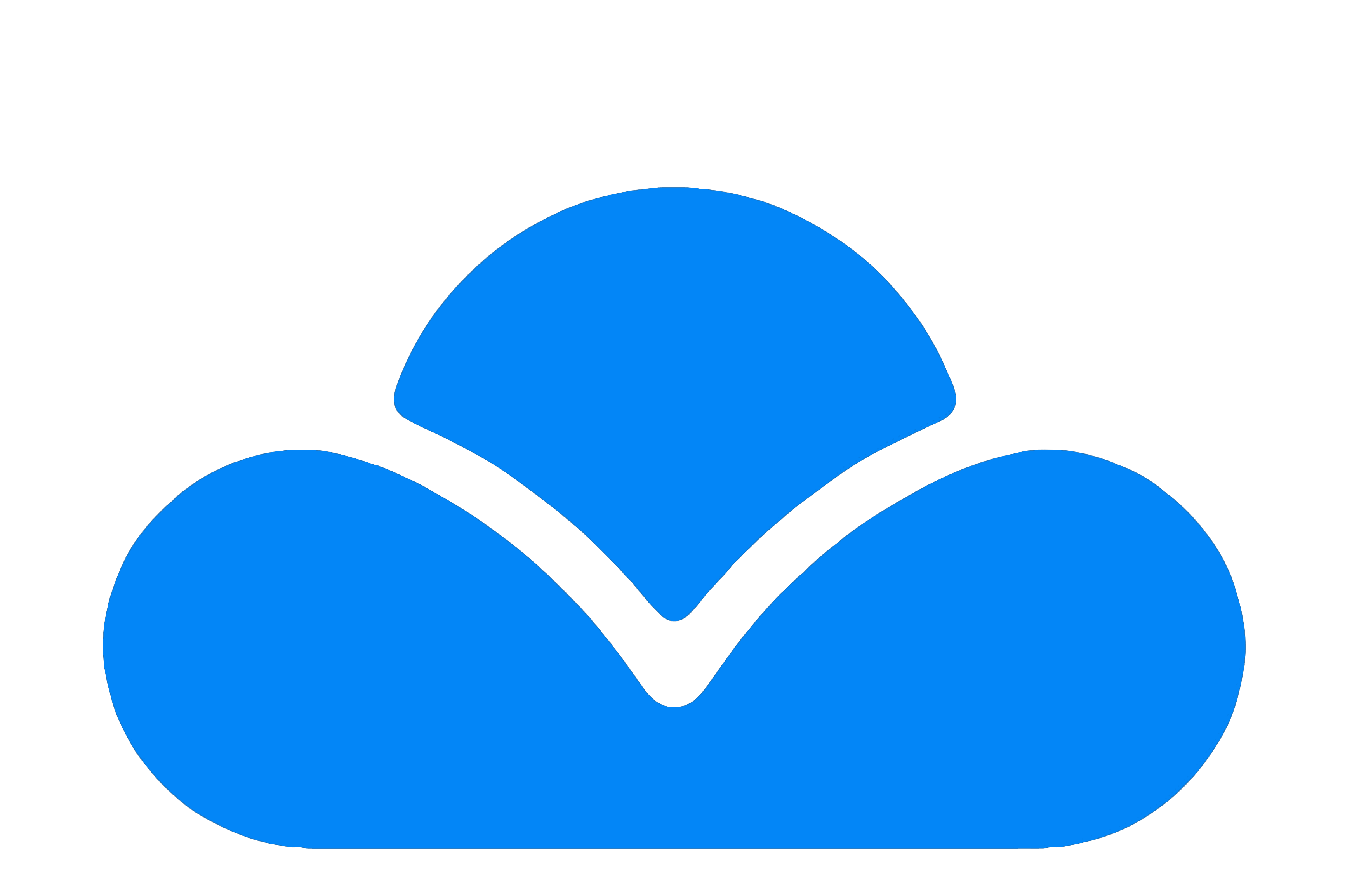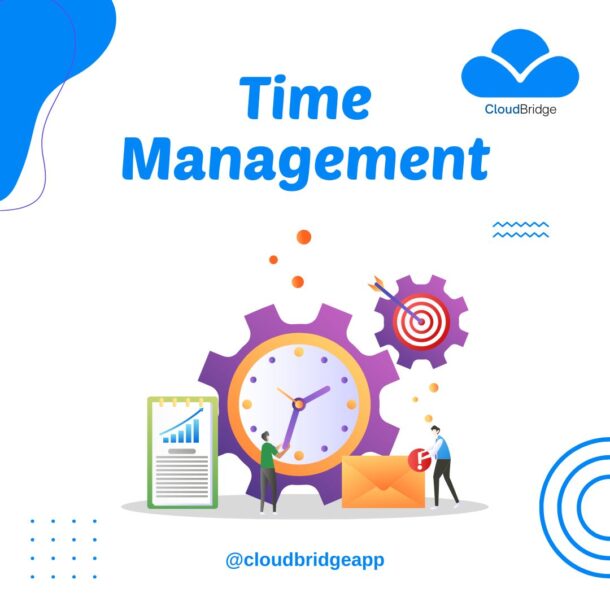7 Things You Need to Know about SaaS and Security
Faizan Ashraf
April 16, 2023Software as a Service (SaaS) has revolutionized the way businesses operate by making it easier to access and use software without having to purchase, install, and manage it on-premises. However, with the growing use of SaaS, there are concerns about the security of data and applications. In this article, we will explore the security aspects of SaaS and what you need to know to keep your business secure.
The Basics of SaaS Security
SaaS providers are responsible for securing the infrastructure, platform, and applications they provide to their customers. They have to comply with industry security standards, such as ISO 27001 and SOC 2, to ensure that their services meet the required security standards. The security measures they employ include encryption, firewalls, access controls, and regular security audits.
Data Security
SaaS Data security is a critical aspect, as sensitive data can be accessed and processed by third-party service providers. SaaS providers use various techniques to secure data, including encryption, access control, and backups. It is essential to understand the security policies of your SaaS provider and ensure that they are in compliance with the relevant data protection regulations.
User Access Control
SaaS providers use user access controls to ensure that only authorized users have access to the applications and data. They use multi-factor authentication, password policies, and role-based access control to ensure that only authorized users can access the system. It is essential to enforce strong password policies and regularly review user access to prevent unauthorized access to the system.
Third-Party Integration Security
SaaS applications can integrate with third-party services, such as payment processors and marketing automation tools. While these integrations can be beneficial, they can also pose security risks. It is essential to ensure that these integrations are secure and comply with the relevant security standards. You should also regularly review the access rights of third-party services and remove any unnecessary integrations.
Compliance and Audit Trail
SaaS providers are required to comply with industry standards and regulations, such as GDPR and HIPAA, to ensure that their services meet the required security standards. They also provide audit trails that track user activity, data access, and changes made to the system. These audit trails are essential for compliance and can also help detect and prevent security breaches.
Disaster Recovery and Business Continuity
SaaS providers have disaster recovery and business continuity plans to ensure that their services are available in the event of a natural disaster, cyber-attack, or other disruptions. It is essential to understand the provider’s disaster recovery and business continuity plans and ensure that they meet your business’s needs. You should also regularly test these plans to ensure that they are effective.
Employee Training
SaaS providers train their employees on security best practices and ensure that they comply with the relevant security policies. However, it is essential to ensure that your employees also understand these policies and are trained on security best practices. You should provide regular security training to your employees to ensure that they understand the security risks and how to prevent them.
Essentially, SaaS has transformed the way businesses operate by making it easier to access and use software. However, security is a critical aspect of SaaS, and it is essential to understand the security measures employed by SaaS providers to ensure that your business data and applications are secure. By implementing these security best practices, you can ensure that your business is protected against cyber threats and data breaches.
Related Articles





